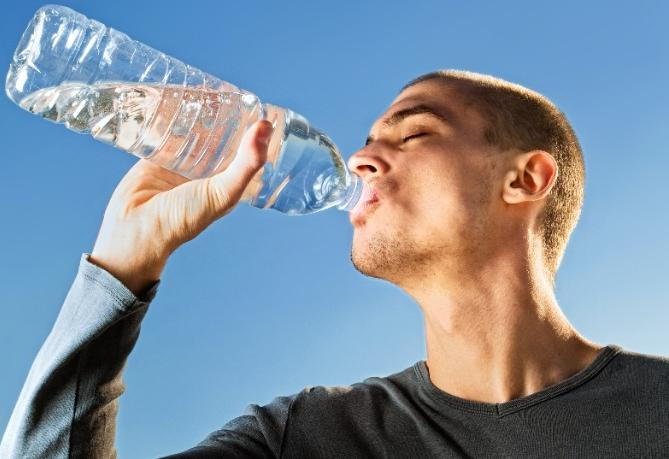
- posted: Jan. 03, 2021
Heat and humidity are no strangers to us here in South Florida, even during the winter months. That’s why it is extra important that we pay attention to our water intake and make sure to stay hydrated. Proper hydration has a multitude of health benefits, including:
Regulating our body temperature
Lubricating our joints
Preventing infections
Delivering nutrients to cells
Promoting proper cell function
Improving sleep and cognition
Elevating our mood
Regardless of how strenuous an activity you are participating in, staying hydrated is key to good health. Whether you are exercising heavily or playing sports, or simply sitting at your desk working, make sure you are getting enough to drink. It is especially crucial to pay attention to how much water you are drinking in situations when you are directly in the hot sun, traveling, or if you are overweight or over the age of 50, according to the American Heart Association.
The AHA also explains that adequate nutrition is important for heart health. It helps the heart pump blood through the blood vessels to the muscles, which results in optimal muscle function. Dehydration can lead to problems such as swollen feet and headaches, but can also result in serious conditions like heat stroke.
How To Stay Hydrated
There is no ‘one size fits all’ when it comes to proper hydration. It really depends on the individual person. Things like climate, clothing, weight, exercise frequency and intensity, and health history can impact the amount of water needed to stay adequately hydrated.
For example, someone who sweats more than others will need to drink more water in order to replenish the fluids they lose during their frequent perspiration. Some medical conditions may require a person to drink more water too, e.g, diabetes, heart disease, or cystic fibrosis. If you use diuretics for any reason, you too need to be extra careful about taking in more water than others because these medications cause the body to lose fluid.
As a general rule of thumb, the Harvard School of Public Health notes that experts suggest about 11 cups of water per day for the average woman, and 16 cups for men.
Bored of simply drinking plain water? You can add fresh fruit or vegetables to flavor your water — and even just consuming these fruits and vegetables on their own will contribute to your water intake as well. Look for produce with a high concentration of water, such as cucumber, berries, citrus, or watermelon.
Drinking electrolytes is also a great way to replenish the body of lost fluids, especially after intense exercise in hot weather. Be careful about where you get these electrolytes, however, as many electrolyte-filled drinks are also filled with sugar and calories. Drinking sugary beverages will not help your hydration so much as it will hinder it.
Dr. Gena Chiropractic, a family chiropractor in Plantation, also recommends drinking coconut water to rehydrate. Coconut water is a popular beverage to consume after working out or if you are experiencing diarrhea, as it naturally contains potassium, sodium and manganese. Dr. Gena notes “if you’re looking to keep your sugar intake low, I recommend adding in this electrolyte supplement to your water daily. It doesn’t have a taste to it. It’s something I add to my water daily.” Additionally, Dr. Gena also recommends himalayan sea salt, which is believed to help the body reach optimal fluid balance and can be used as a preventative against dehydration.
Effects of Dehydration
One of the major signs of dehydration is thirst, believe it or not. Once you reach the point of feeling thirsty, your body is already dehydrated. This is why you should be drinking water throughout the day, no matter what you are doing. Another good indicator of how hydrated you are can be seen in the color of your urine. If yours is a pale yellow or clear, you’re good to go. If your urine is dark yellow, you are in need of more fluids.
According to the Mayo Clinic, dehydration affects people differently at various stages of life. For example, the signs and symptoms of dehydration in infants and children include a dry mouth and tongue, crying without the presence of tears, no wet diapers for a period of at least three hours, sunken eyes and/or cheeks or a sunken soft spot on the top of the skull. In adults, dehydration can cause extreme thirst, less frequent or dark-colored urine, fatigue, dizziness, and confusion.
While many times you will be able to remedy the situation by replenishing fluids, if you show serious symptoms, it’s important to call a doctor. Signs of extreme dehydration include having diarrhea for 24 hours or more, the inability to keep down fluids, black or bloody stool, or feeling irritable, disoriented, or having very low energy.
How Are Chiropractic Care and Hydration Connected?
The human adult body is made of up to 60% water, and when it comes to your spine, the discs are made up of mostly water as well. “This is why motion and hydration, from clean and pure water, not soda, is so vitally important,” she says. “If you want to keep moving at your best, you’ll need to stay hydrated.” If you are not properly hydrated, it could lead to losing strength and flexibility, and could affect how well you hold the adjustment performed by your chiropractor. The connection is simple: your level of hydration impacts how effective your chiropractic treatment is, and how helpful it can be in relieving any pain or discomfort you are feeling and moving.
Staying hydrated is key to staying healthy. Remember, your health is in your hands; our hands are here to help. To schedule an appointment at Dr. Gena Chiropractic, your favorite family chiropractor in Plantation, call us at 954-417-5815 or send in a request online.
Locations
7119 W Broward Blvd
Plantation, FL 33317, US
Office Hours
10:00 am - 1:00 pm
3:00 pm - 6:00 pm
8:00 am - 11:00 am
10:00 am - 1:00 pm
3:00 pm - 7:00 pm
9:00 am - 1:00 pm
3:00 pm - 6:00 pm
Closed
9:00 am - 11:00 am
Closed

